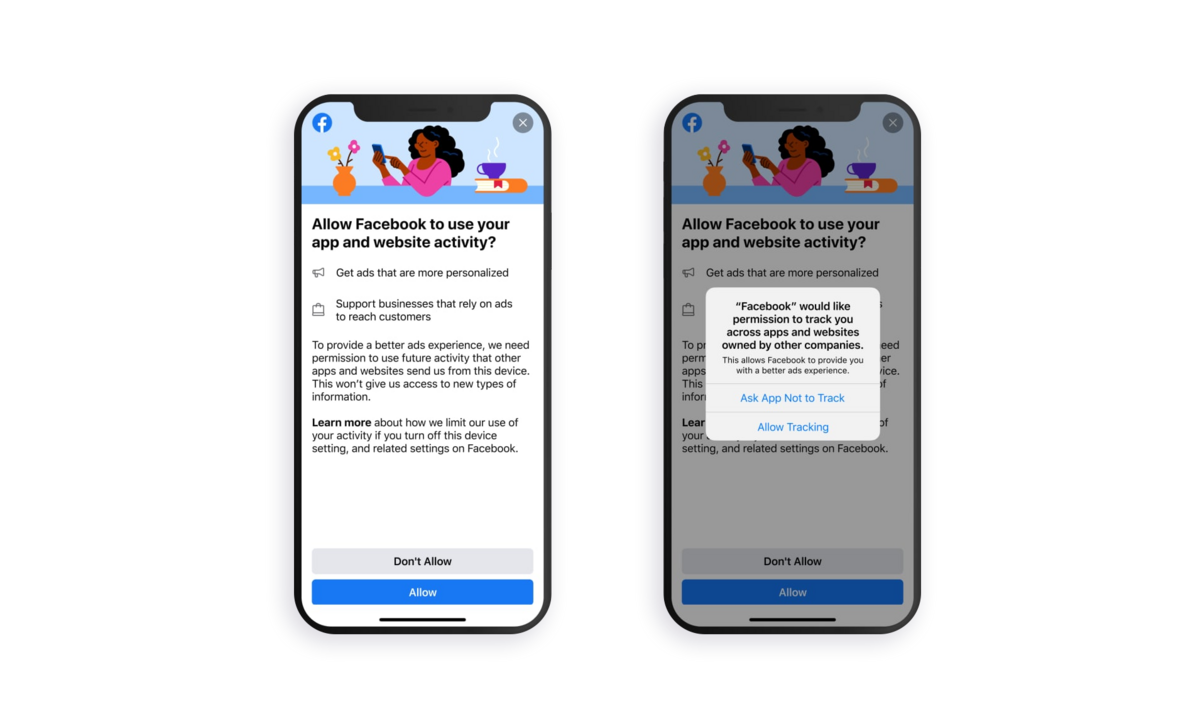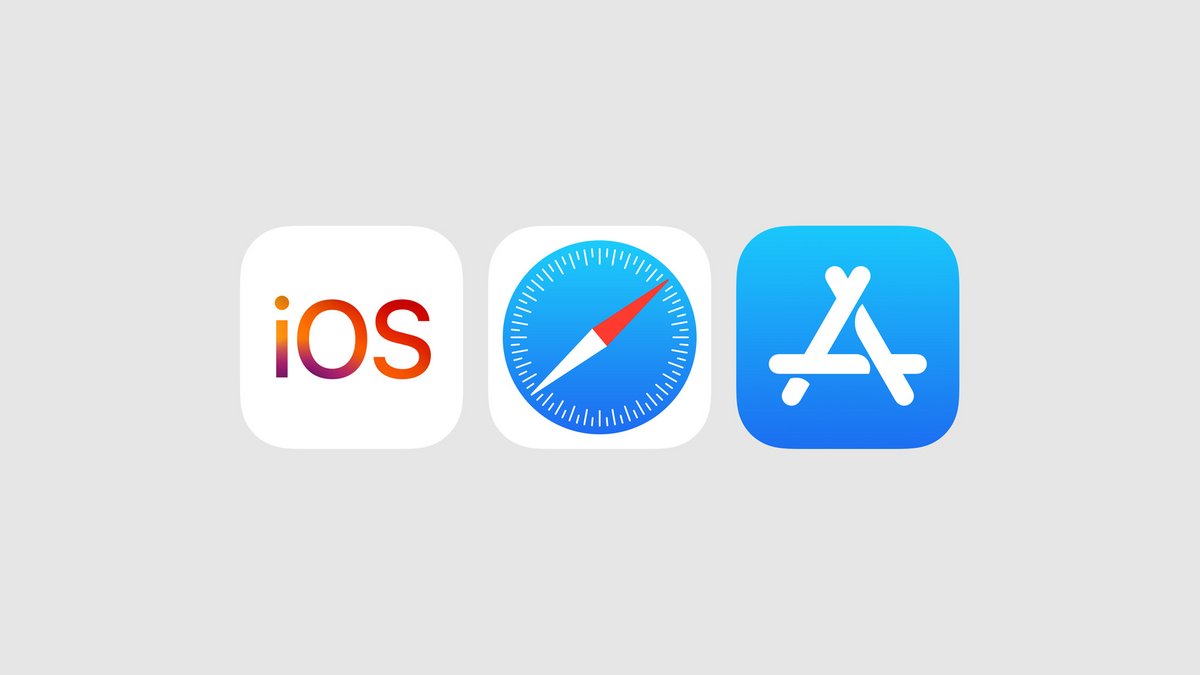- Tim Cook poses Apple as the white knight of privacy
- Many initiatives, but still some gaps
- New regulations that undermine Apple’s ambitions in terms of respect for private life
- Beautiful promises swept under the rug for a few billion dollars
Apple poses as the white knight of personal data protection, and never hesitates to communicate about its advances and the solutions integrated into its various products. However, the brand is not above reproach on the subject and engages in some practices in total contradiction with its values, but which bring it a lot of money.
“ We believe privacy is a fundamental human right “. This phrase has been hammered home for many years by Tim Cook and his teams at the slightest opportunity. To differentiate itself from other GAFAM, which use and abuse the processing of their users’ personal data, Apple has taken another path, by putting confidentiality and respect for private life at the heart of its products and its communication.
Tim Cook poses Apple as the white knight of privacy
Tim Cook, the CEO of the Apple brand, was invited several years ago to give a conference at the Time 100 Summit, an event organized by the famous American magazine and which brought together many opinion leaders and influential personalities in order to that they give their point of view and their vision of the world.
It is obviously on the respect of personal data by the web giants that the strong man of Apple wanted to speak, who was alarmed by a possible change in user behavior caused by disrespectful practices. confidentiality of certain companies.
“ I deeply fear the loss of privacy. If we start to feel like we are constantly being watched, our behavior changes. We are starting to do less. We start to think less about things. We begin to change the way we think. In a world like this, where we restrict ourselves, this changes society in a major way “.
He added : ” It’s hard to say that a company, or anyone else for that matter, should be able to swoop in and uninformedly vacuum up your data. This is one of my big concerns “.
Many initiatives, but still some gaps
However, Apple is not exempt from criticism when it comes to respect for privacy and despite advertising campaigns full of great promises, Apple does not always follow through on its stated convictions.

The company now places confidentiality at the heart of its products and has integrated a number of technical solutions to prevent the recovery of personal data. This is for example the case of App Tracking Transparency, a device that prevents advertising tracking of an application on the iPhone or iPad without the explicit consent of the user. This new practice has also cost Meta (Facebook) more than $10 billion in turnover, deprived of valuable data that can be used by advertisers, and which has had to urgently change its way of offering targeted advertising. less intensive in personal data.
On the other hand, we can cite Private Relay, a system available in the iCloud+ offers and which allows you to hide your IP address when connecting to a website. Some users might therefore think that this product is actually a VPN, but this is not the case and only partially hides your location. You are always located in a geographic area, only your exact position is not revealed. Too bad the product is only available to paying iCloud subscribers, and not to all users.


Other initiatives integrated into Apple’s various applications include Mail which blocks the IP address and downloads remote content in the background privately, Privacy Report which allows users to view the activity of each of their applications, or the mandatory labels for each application on the App Store, which show the permissions requested, as well as the data collected during use. Apple is also the first company of this scale to have integrated identification keys, which replace passwords with biometric codes.
We can also note that if Apple is quick to refuse access to users’ personal data to display advertising, it does not hesitate to make good use of it to promote its own services. The App Store now offers ads in the search box, with a sponsored link displayed at the top of the results list. Targeted advertising is also offered on the App Store home page. Rumors finally indicate that Tim Cook wants to massively expand his advertising business, which already brings him several billion dollars per year, by adding ads in the Apple Plans and Podcasts applications.
Since 2023, Apple has offered a very practical new option allowing you to fully encrypt the contents of your iCloud account. All data, such as messages, photos, data stored on iCloud or even reminders, is secure. Only emails, contacts and calendars are excluded for reasons of compatibility with other third-party services via protocols (IMAP, CardDAV or CalDAV). If the option is, rightly, welcomed by many defenders of individual freedoms, it is however not activated by default, and you have to look for it in the numerous settings of the operating system, at the bottom of the page reserved for iCloud settings. THE power users will know how to find the setting, but the majority of users do not know of its existence, and the lack of communication from Apple on this functionality unfortunately does not help matters.
New regulations that undermine Apple’s ambitions in terms of respect for private life
Apple also has a lot to do in the European market. In 2022, the European Commission adopted the Digital Markets Act (DMA), a legislative arsenal which aims to regulate the practices of digital giants and provide greater regulation of these companies.
After months of negotiations, Apple, in a rare move, had to give up and announced in January 2024 that the iPhone and iPad would open up to third-party application stores. Users will no longer be forced to go through the App Store, but will be able to install any store and any application on their devices.


Apple has repeatedly emphasized the security problems posed by DMA, and in this sense, the manufacturer is right. If iOS is a completely closed system, and Apple takes the opportunity to impose its very harsh commercial conditions on developers, this golden prison is also the guarantee of verification of each software and each service. With the opening to third-party stores, Apple can no longer offer the same level of security to users who decide to take the plunge.
Beautiful promises swept under the rug for a few billion dollars
If Apple faces its competitors and presents itself as a defender of individual freedoms by placing, for example, an anti-tracking tool directly within Safari, the company does not hesitate to make Google the browser’s default search engine. An agreement between the two giants stipulates that Google pays 36% of the advertising revenue it generates from Safari. The amount paid by the search engine today amounts to 18 billion dollars per year. However, it is the same Apple which had decried the practices of the Mountain View giant by affirming that the latter was passing “sifting through your family photos in order to resell them for God only knows what advertising motive ».”
The real thorn in Apple’s side, however, remains its situation in China. If for Western countries, Apple ensures that it maintains total control of user data, Chinese customers do not have access to the same level of protection.


Indeed, Apple has agreed that iCloud account data be stored on servers located in China and accessible by the authorities. Apple had no choice but to throw an opaque veil over its good intentions and make a deal with the Chinese government to access a market of more than a billion potential customers. At Apple, profits are sometimes much stronger than principles…
So, is Apple’s talk about privacy sincere, or a vast marketing hoax? As always, the truth lies somewhere in the middle. The Cupertino manufacturer has made real efforts in terms of confidentiality, with decisions that are sometimes radical and which can even pose some difficulties. For example, by refusing to use its users’ data, its voice assistant, Siri, remains behind its competitors. Despite these laudable efforts, however, Apple remains a business, subject to its shareholders, and can quickly sweep its principles under the rug to generate more money. We can therefore welcome the brand’s initiatives, without being fooled by its real intentions.

You are being tracked. All. Yes, despite its fine speeches about security, Google is tracking you. Tirelessly. It’s an open secret that the majority of Google’s revenue is based on advertising. So to make it more relevant, it must be attractive and meet the specific needs of the Internet user. How to achieve this? Quite simply by multiplying the techniques to track the latter.
Read more


11